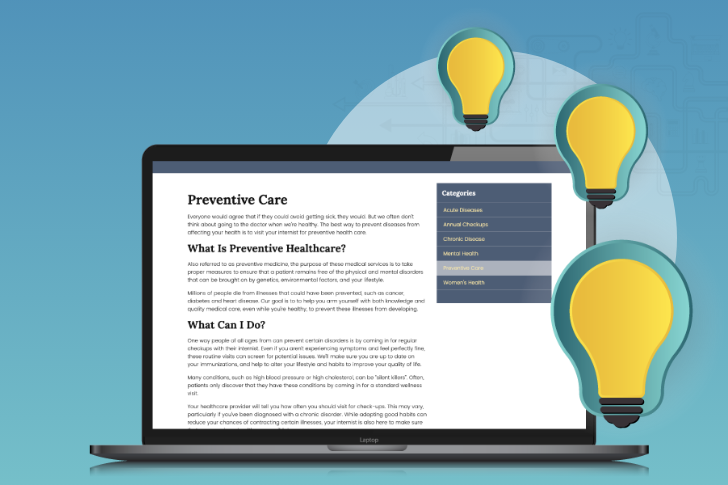By: Melody Gandy-Bohr
It doesn’t matter if your practice is the perfect example of professionalism and patient care, at some point you will receive a negative review. While you certainly have the right to defend your practice when responding to reviews, it’s important to exercise caution. Doctors, dentists and other physicians are bound by the Health Insurance Portability and Accountability Act (HIPAA) to protect their patient’s private health information. Violating HIPAA can lead to serious consequences for your practice. Read this guide before hastily responding to a negative review.
Understand What You Cannot Disclose
More often than not, negative Yelp reviews are complaints about rude receptionists or long wait times. However, when a patient leaves a review regarding treatment, your response to that review cannot reference their treatment — even if the patient mentioned it first. While trying to combat a negative review, one dentist in Washington disclosed details of the patient’s dental records. It is a HIPAA violation to disclose any aspect of the patient’s diagnosis or treatment. Knowing the law can save your practice from being reported or fined.
When In Doubt, Take the Conversation Offline
Depending on the nature of the review, it might serve your practice to refrain from responding online. Whether you need more information or the complaint is very inflammatory, err on the side of caution and take the conversation offline. If you need more information to address a concern presented in a review, never ask the reviewer for any of their private health details. Instead, direct the reviewer to contact your practice to further discuss the matter. Innocent inquiries, such as asking for the date the patient visited your practice on a public forum, could result in a HIPAA violation.
Reread, Reflect, Then Respond
The most important lesson when responding to negative reviews is to think before you leap. Never respond to a reviewer when you’re feeling angry or defensive. Take a moment to reread the review, take it in and then carefully respond. At the end of the day, the patient is always right (even when they’re not). Take the high road and apologize to the reviewer for the bad experience and offer a solution if applicable. A professional response not only protects your patient’s privacy, it also protects your practice’s reputation.
As long as online review sites like Yelp exist, so will negative reviews. If you can learn not to take negativity on Yelp personally, you can keep your practice’s HIPAA compliance intact.



